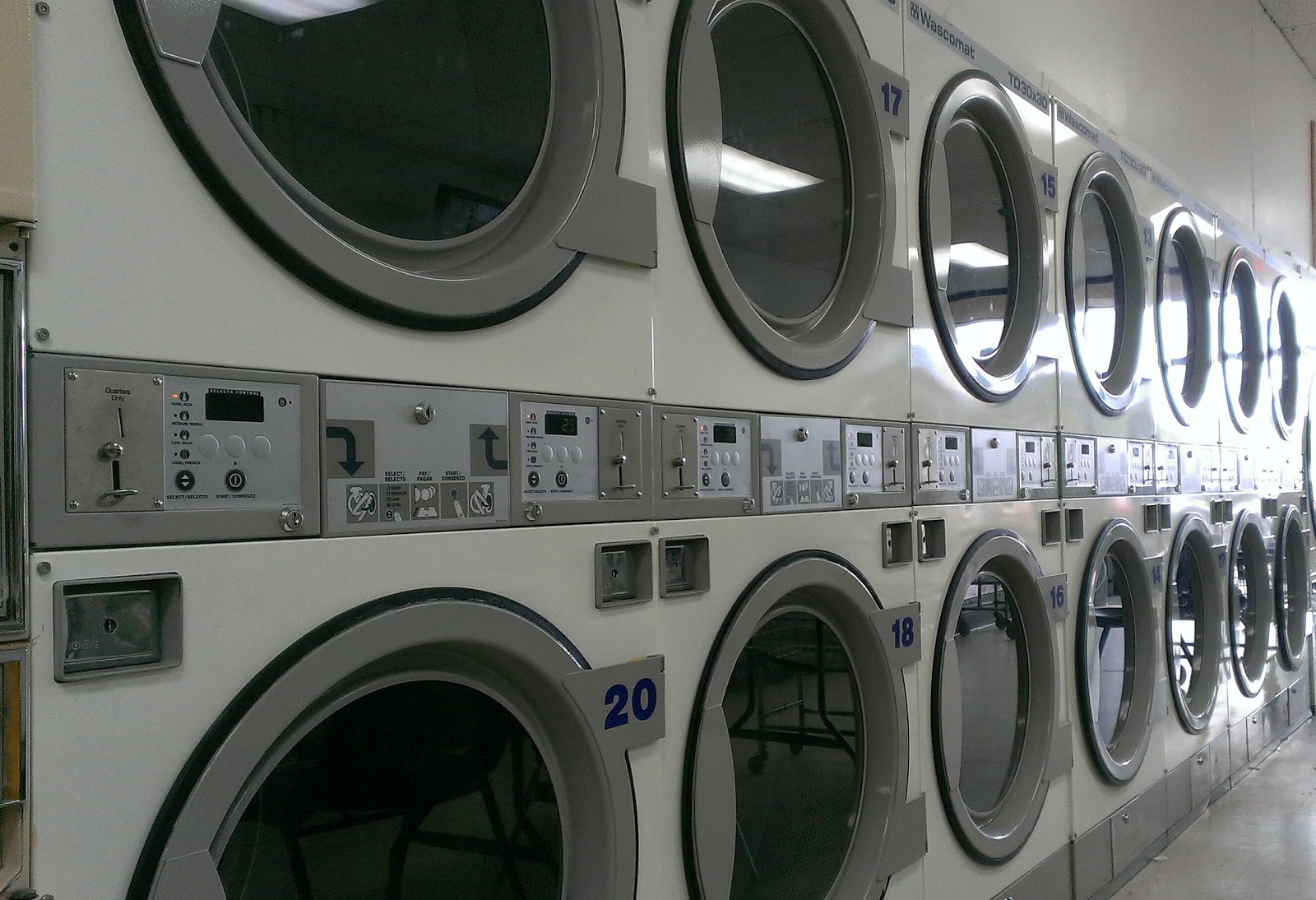Are energy ratings on washing machines and TVs a waste of time?
What you need to know about Energy Performance Certificates

A free daily email with the biggest news stories of the day – and the best features from TheWeek.com
You are now subscribed
Your newsletter sign-up was successful
The system that rates electrical products based on energy efficiency is attracting growing criticism for allegedly misleading consumers.
Researchers say that products such as washing machines and televisions generally do not work “nearly as efficiently in the home as claimed on the labels”, The Times reports.
So, what is the purpose of energy ratings and should consumers pay them any attention?
The Week
Escape your echo chamber. Get the facts behind the news, plus analysis from multiple perspectives.

Sign up for The Week's Free Newsletters
From our morning news briefing to a weekly Good News Newsletter, get the best of The Week delivered directly to your inbox.
From our morning news briefing to a weekly Good News Newsletter, get the best of The Week delivered directly to your inbox.
When was energy ratings system launched?
Energy Performance Certificates (EPCs) were introduced in England and Wales in August 2007. As technology has advanced, the EPCs have been revamped in a bid to ensure the system is up to date.
The most recent version is the Energy Information Regulations 2011, which “apply to energy-related products that have a significant direct or indirect impact on the consumption of energy”, says information website Business Companion.
How are energy ratings meant to work?
A free daily email with the biggest news stories of the day – and the best features from TheWeek.com
The energy labels on appliances are intended to tell consumers how the devices perform in terms of energy efficiency, in order to help people invest in products that consume less energy and therefore save money, explains Your Europe, official website of the European Union. The labels are mandatory for all appliances sold in the EU.
The system is ranked from A to G, with A being the best performance. Higher ratings of A+, A++ and A+++ were recently added but are to be phased out, after being found to confuse consumers.
According to appliances site UK Whitegoods, the UK Department of the Environment, Food and Rural Affairs claims: “Using models with “A” ratings for both energy efficiency and performance, together with lower than average water consumption, will save you the most money as well as being the best for the environment.”
What is the problem?
Criticism of the system has grown after it emerged that “the tests used to generate the scores are designed in conjunction with manufacturers and do not necessarily reflect the way that consumers use the goods”, says The Times.
A number of studies have found that the tests have been overstating efficiency for appliances such as boilers and televisions.
“Last year the European Environmental Bureau, a network of 140 organisations, found that popular brands of TVs and fridges did not work nearly as efficiently in the home as claimed on the labels. In one case, a TV used 47% more energy in real-life conditions than during the standard EU test,” the newspaper reports.
A whistle-blower who revealed the misleading efficiency scores for the boiler industry said: “How can the current system, when applied to boilers, help consumers to compare different products when all boilers by law since April 2018 must be more that 92% efficient and therefore A rated... It makes the certificates effectively worthless.”
What happens next?
There are currently no reported plans to tackle this issue.
Indeed, despite the evidence suggesting that EPCs are misleading, the Department for Business, Energy and Industrial Strategy has defended the system, insisting that it will stick with it after Brexit.
A spokesperson said: “Energy-related product ratings are used to compare the efficiency of different products in standard test conditions. This enables products to be fairly compared against one another and is not a measure of product efficiency in any given home.
“This practice is consistent with EU regulations and should help ensure the industry can trade seamlessly with the EU after exit.”